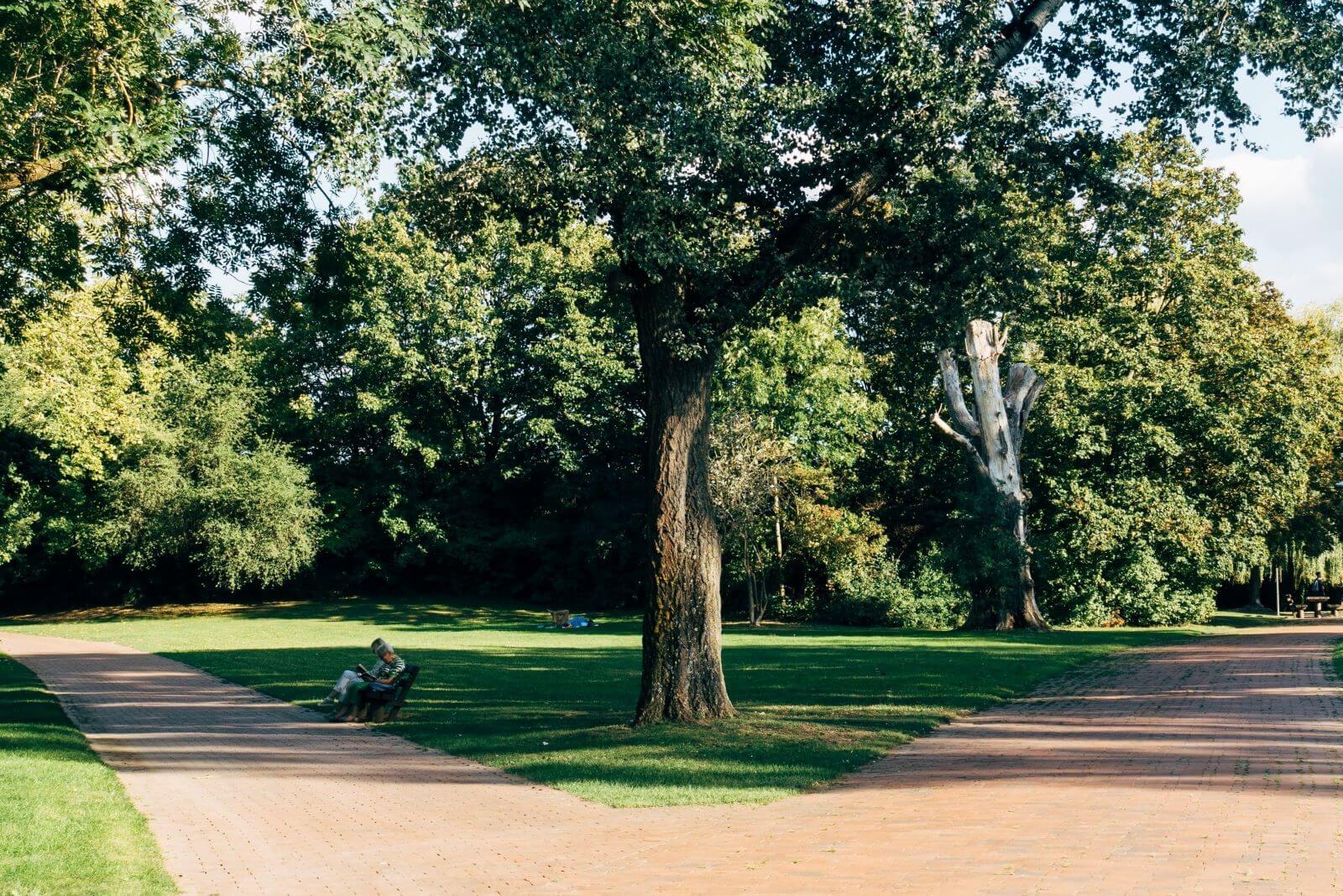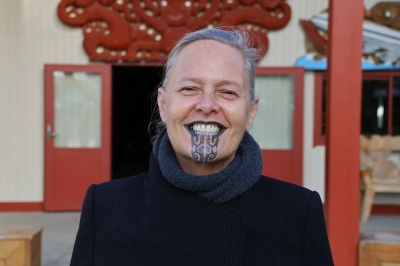Lived Experience Leadership in the Addiction Sector
Published:
July 31, 2024

This paper advocates for clear lived experience leadership to protect and promote this unique perspective. Framed from a lived experience of mental health, the authors cite caution as lived experience roles experience a rapid growth. Navigating the addiction sector and staying true to the peer values and aligning practice to competencies can be a real challenge for people working in lived experience roles in the addiction sector.
Existing models and peer-to-peer approaches, accepted by addiction treatment services and organisations, tend to be influenced by mutual-aid groups and therapeutic communities. Adopting these established approaches alongside conventional pathways into the addiction treatment sector, tend to influence and guide people working in lived experience roles towards an addiction practitioner pathway.
Lived experience leadership is essential in the development of designated lived experience roles particularly in a sector where over a third of the workforce identify as having lived experience.[1] While people with lived experience have and continue to occupy leadership roles across the addiction treatment sector, the type of lived experience leadership needed to guide and support lived experience roles is clearly outlined in this paper.
The need to grow the understanding of lived experience leadership in the development of the peer workforce across addiction services and organisations will support greater role clarity and minimise opportunities for lived experience roles being co-opted.
The New Zealand addictions workforce: Characteristics and wellbeing
Consumer and peer roles in the addiction sector
He Tētē Kura, Māori addiction treatment: 1980-2008


